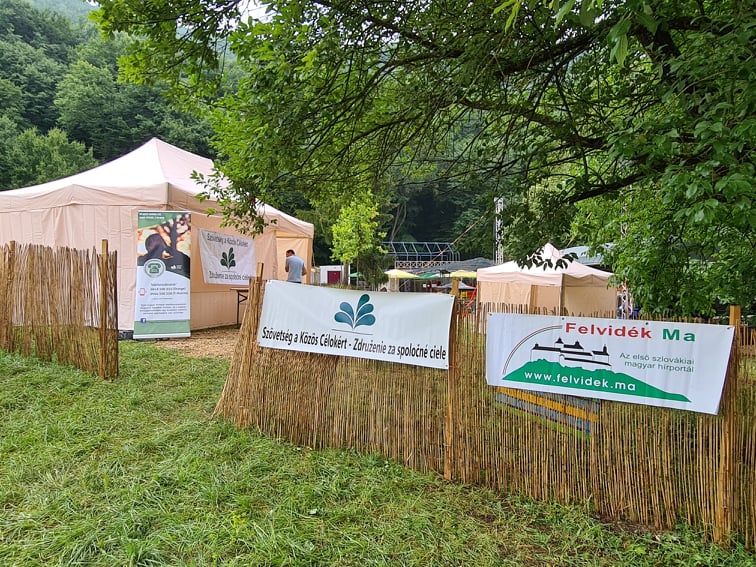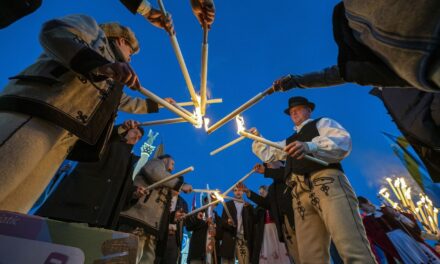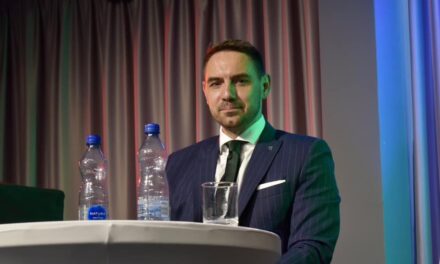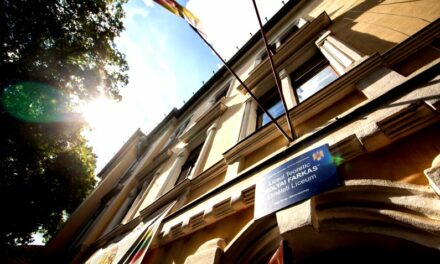After the ceremonial opening at the Gombaszög Summer Camp, the Association for Common Goals held a civic information day.
In the first part of the program, the final performance of the lecture series "Versailles 100 years from the perspective" took place in the Highlands. Historian Artúr Köő, at the invitation of the Budapest Széchenyi Society and the SZAKC, and at the request of the Veritas Historical Research Institute, explained to the invited guests the reasons for the journey to the Trianon, which we rarely talk about. The interestingness of his presentation was characterized by the emphasis on the way of thinking, according to which, when we examine historical events, we should always put ourselves in the situation of the people of the given era. Let's try to interpret the events of that time according to his point of view. The young historian clearly described the Treaty of Versailles, which afflicted Hungary, as unjust. In addition, he emphasized that several people took action to protect Hungary, but the competent decision-makers did not dare to line up behind these loudspeakers.
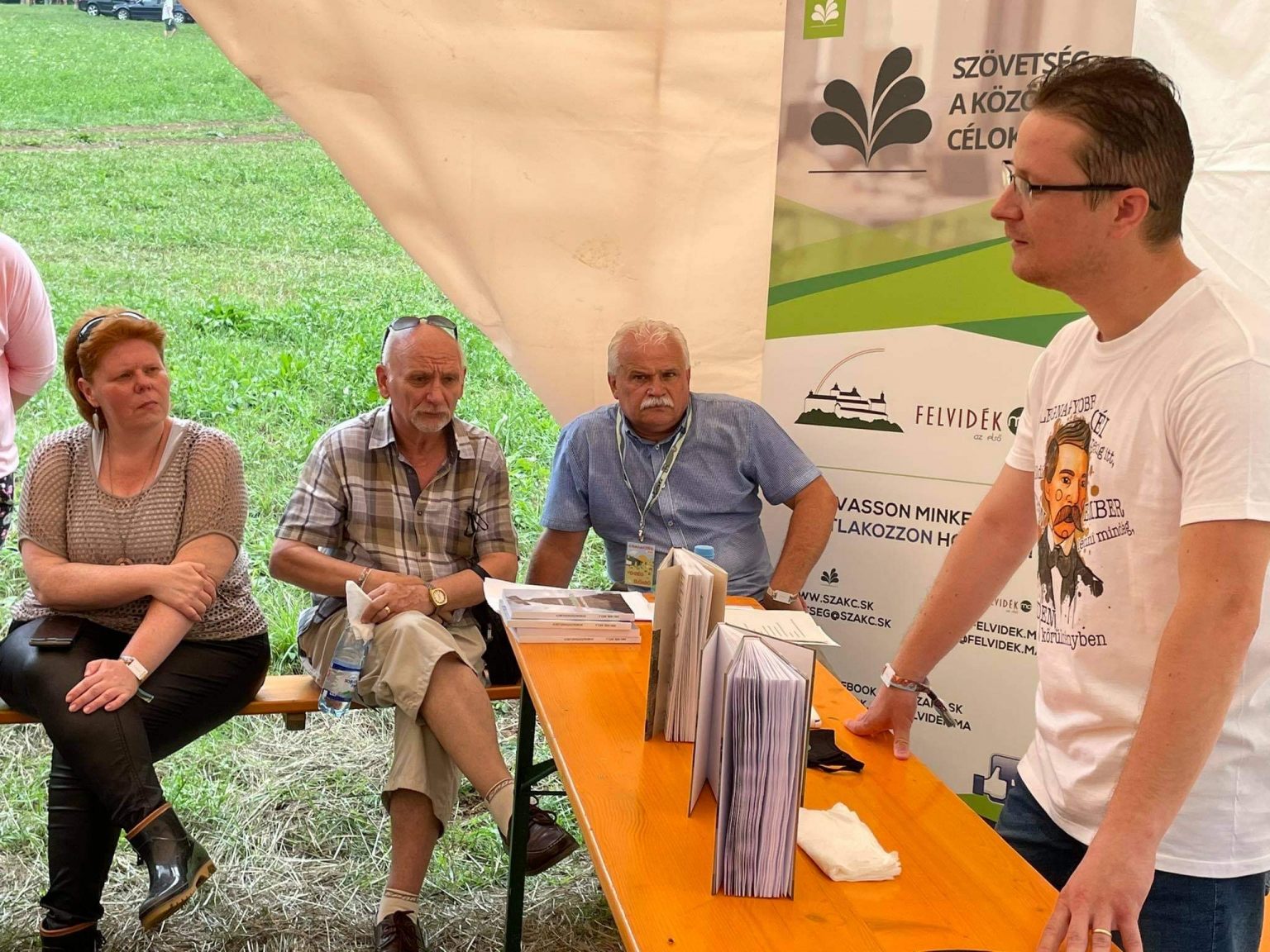
Historian Artúr Köő/Photo: György Máté/Felvidek.ma
Béla Hrubík, a member of the board of CSEMADOK, highlighted the emotional traumas that shake us as well in his reminiscence entitled National solidarity in every Hungarian soul:
"We have been waiting for more than a hundred years! For a better time, a better age, better people, better governments, better laws. They always tell us, now is not a good time. The weather is bad now. We have been in the wrong time, in the wrong place for more than ninety years. We were born at the wrong time: our grandparents, our parents, us too, and our children and our children's children are born. We celebrate birthdays at the wrong time, bury at the wrong time, cry at the wrong time, and rejoice at the wrong time. We are the generations of the worst age, the line of sinful generations. We were accused even though we were not guilty, we just saw how the thieves who usurped our lands pulled the future of Hungary from under our feet. Because for us it is a sin to see, a sin to feel, a sin to hope, a sin to live. We didn't go anywhere though. We have been at the graves of our ancestors for four generations now. There in the homeland, at the foot of the Palóc hills, I still cook with loyalty. In a good place. In the best place in the world. AT HOME!"
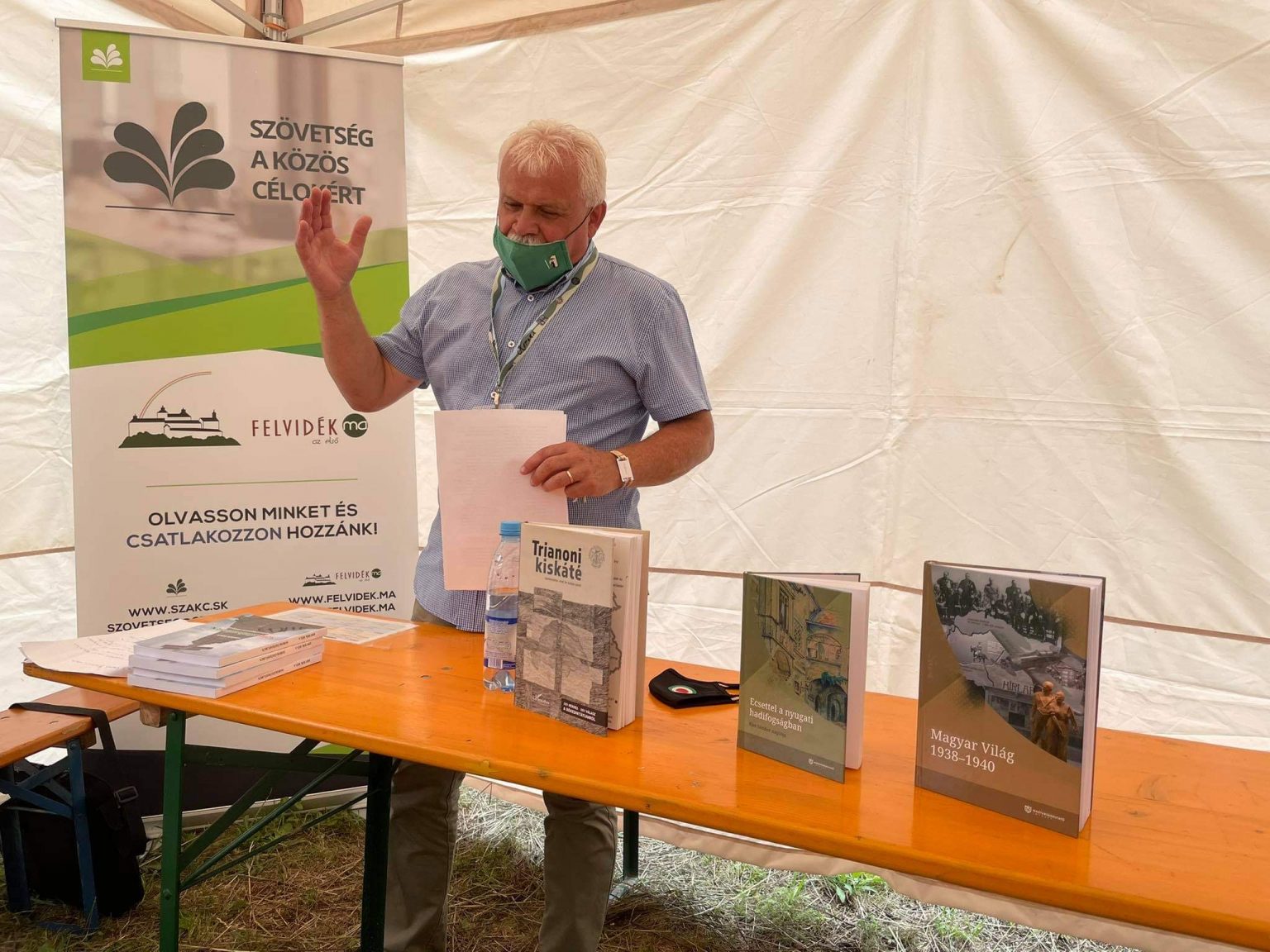
Béla Hrubik/Photo: György Máté/Felvidek.ma
This was followed by the discussion "Outlook in the spirit of the year of the national restart", led by Andrea Hideghéthy, executive director of SZAKC, and guests were Beáta Beáta, president of Pro Le-Ti, and Béla Hrubík, board member of CSEMADOK. Among the opening thoughts, Andrea Hideghéthy highlighted that the Hungarians in the highlands had to start rebuilding the community several times in a historically decisive period in order to preserve the mother tongue, culture and identity.
The participants of the conversation agreed that after the restrictions caused by the coronavirus epidemic, it is also necessary to start a restart process. One of the building blocks of this is the support provided by the Hungarian government and the State Secretariat for National Policy. Both Béla Hrubík and Beáta Beát emphasized that the possibilities of Slovak grants, county and municipal resources should also be used by the civil organizations operating in the region in order to ensure their operation in the long term. However, for this, in many cases, they need external help and tender advice, which they can get from few places.
Source and full article: velvidek.ma
Featured photo: György Máté/felvidek.ma

